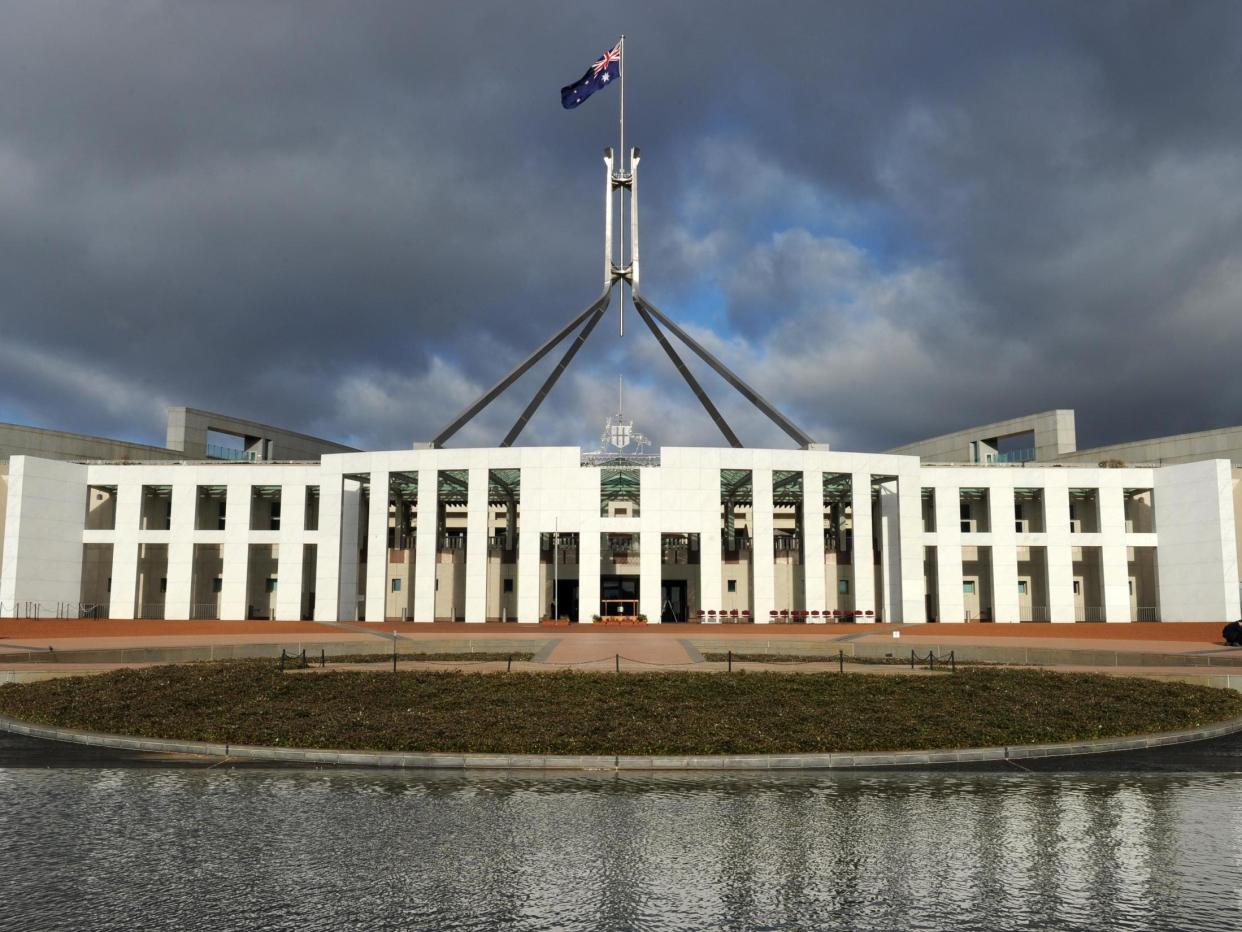UK decision to let Huawei build 5G network sparks diplomatic row with Australia

Britain’s embrace of Huawei to help build its 5G network has provoked a diplomatic bust-up with Australia, days before Donald Trump’s aides fly in to demand a rethink.
Australian MPs have cancelled a planned trip to London, after details of a high-level meeting with Dominic Raab, the foreign secretary, were leaked – apparently prompting an official UK complaint.
Mr Raab is reported to have been rebuked strongly for the go-ahead and told “How would you feel if the Russians laid down infrastructure in your own networks? That's how we feel about Huawei.”
It means rifts have opened up with two of the UK’s partners in the Five Eyes intelligence alliance – and with two key target countries for a post-Brexit trade deal.
Meanwhile, Mr Trump’s acting chief of staff is among senior officials due in London on Wednesday to put pressure on the UK to “change its position”, a US source has said.
The US president’s anger over Huawei has already been blamed for Boris Johnson shelving a planned trip to the White House and for a likely delay to trade talks.
Canberra, like Washington, has banned the Chinese telecommunications giant from building its next-generation 5G mobile internet networks, but Britain ignored pressure to do the same.
The rebuke of Mr Raab came when he visited Australia last week and met members of its parliament's intelligence committee, The Sydney Morning Herald reported.
It was delivered by Anthony Byrne, the deputy chair of Australia's intelligence committee, who spoke of a “full and frank discussion” in a Twitter post at the time.
The Herald’s report is said to have triggered a formal complaint from Vicki Treadell, the UK's High Commissioner to Australia, to the heads of two Australian parliamentary committees.
The MPs’ trip to the UK has now been delayed, although Canberra said it was because the counterpart parliamentary committee in the UK has still to be appointed following December's general election.
The controversy also reared its head at the Munich Security Conference, where Mark Esper, the US Defence Secretary, warned that alliances such as Nato were in jeopardy if European partners used Huawei technology.
Ahead of the US delegation’s visit, The Daily Telegraph quoted a source saying British officials could expect a “bollocking”, saying: “One thing is on the agenda and it's not a trade deal - it is Huawei.”
Tom Tugendhat, the chairman of the Commons Foreign Affairs Committee, said the British Government should take such concerns seriously.
“Personally, I would like to stand with countries that share the rule of law, human rights and the values I think are so important,” he told BBC Radio 4.
“That means standing with Australia and Canada. It also means standing with countries like France who have also rejected Huawei.”
The UK High Commission in Australia told the BBC: “Our position on this is that we won't comment on private briefings or on any information pertaining to be from private briefings.”
Read more
Unfair dismissal claim after Cummings had aide frogmarched out
Johnson has to put Brexit on the backburner for COP26
Women in Johnson’s government are on a train to nowhere
Johnson accused of betrayal after ‘northern powerhouse’ job downgraded
Johnson's private-schooled cabinet has no place in modern Britain


